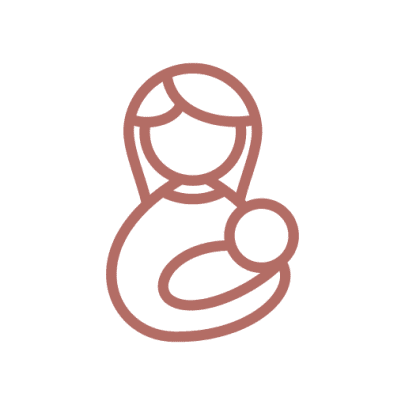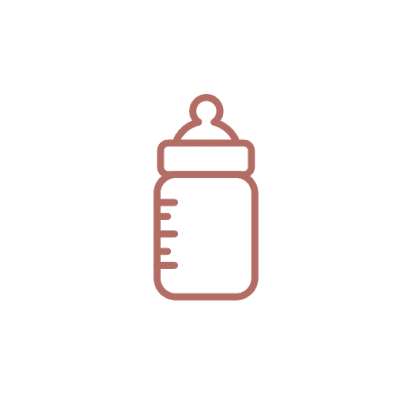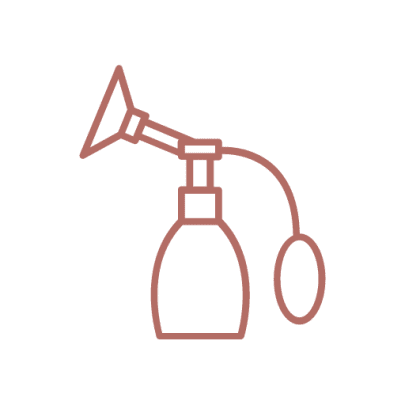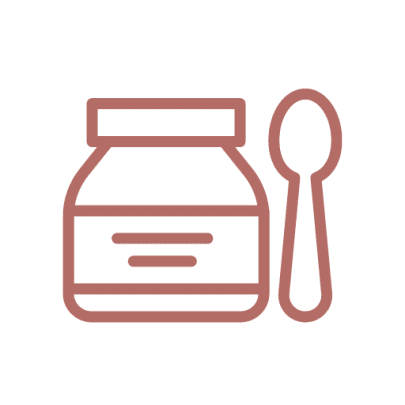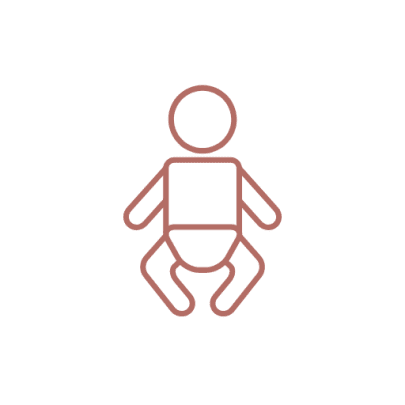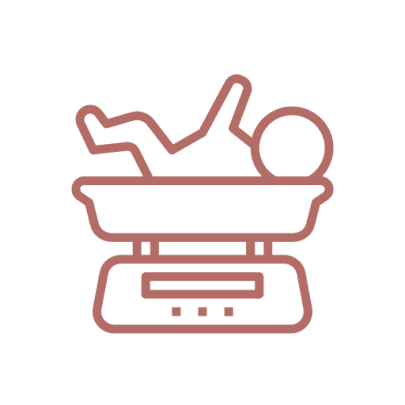A mum shares her experience of feeding her newborn
My husband likes to tell people that I had a look on my face as though I was trying to poison my daughter the first time I gave her formula. She was ten days old, had trouble keeping her temperature, had trouble latching and my midwife was unwilling to sit down with me to work it out. It was 4pm on a Friday, and lactation consultants don’t seem to work weekends.
That first bottle took ages to prepare as we got out the microwave steriliser, boiled then cooled water and then finally added the powder sachet to the bottle and fed her. She drank it all in one go, and over the weekend started to refuse the breast in favour of the vastly more rewarding formula. It took two weeks and two one hour private sessions with a lactation consultant to get her properly breastfeeding, and it wasn’t until she was eleven weeks old that she became fully breastfed again.
I was not prepared at all to bottle feed. I had a couple of free bottles that had come with my breast pump, and two teats. We bought the sachets from the supermarket as we didn’t think that we would need to do it for more than one or two feeds (later got a tin).
I had no idea the work involved in preparing bottles at every feed for a baby. I couldn’t handle all the washing and sterilising and made a midnight trip to the supermarket to buy extra bottles and teats.
Interestingly, while breastfeeding took every ounce of my effort, I found that my relatives were more supportive of bottle feeding because they got to have a turn!
For my second daughter I had no intention whatsoever to use formula, and was 100% confident that I would be able to breastfeed. But a month before my due date I bought four little cartons of ready made formula and some new teats. I was thrilled that I didn’t need to use them, but you never know what will happen.
What would I advise parent’s to be about bottle feeding?
- It is a lot of work cleaning and sterilising all parts of the bottle and teat properly.
- It is easier to clean and sterilise everything in one go. I bought a big plastic container that I would sterilise with Milton tablets to store the bottles and teats in post-sterilisation.
- Have 24 hours worth of formula (four cartons or sachets) stockpiled at home, as well as a couple of bottles and teats. If you want to breastfeed then hopefully you can bin them, but if there is a problem then you have them.
- If you have to bottle feed, even just once, get someone else to do it and go to sleep.
- Purchasing gold formulas is like buying overpriced vitamins when your diet is already balanced – there is no need and it is a waste of money. You are being manipulated to spend more
- For the same reason infant formula is very rarely on special, or it is not much of a special.
- Most babies do not need special formulas. Parents often attribute normal changes in their babies as being a problem with formula. Most babies will tolerate most formulas.
- Don’t think that just because the hospital uses one kind of formula that it is the best. The generic infant formulas are pretty much the same, and hospitals change suppliers every six months so that they are not seen to support a particular product.
- Breastfeeding is hard, and you need to decide how important it is to you. If you choose not to breastfeed, or can’t then don’t for one moment feel bad about using formula.
- Be very rude to anyone who has a problem with it!

